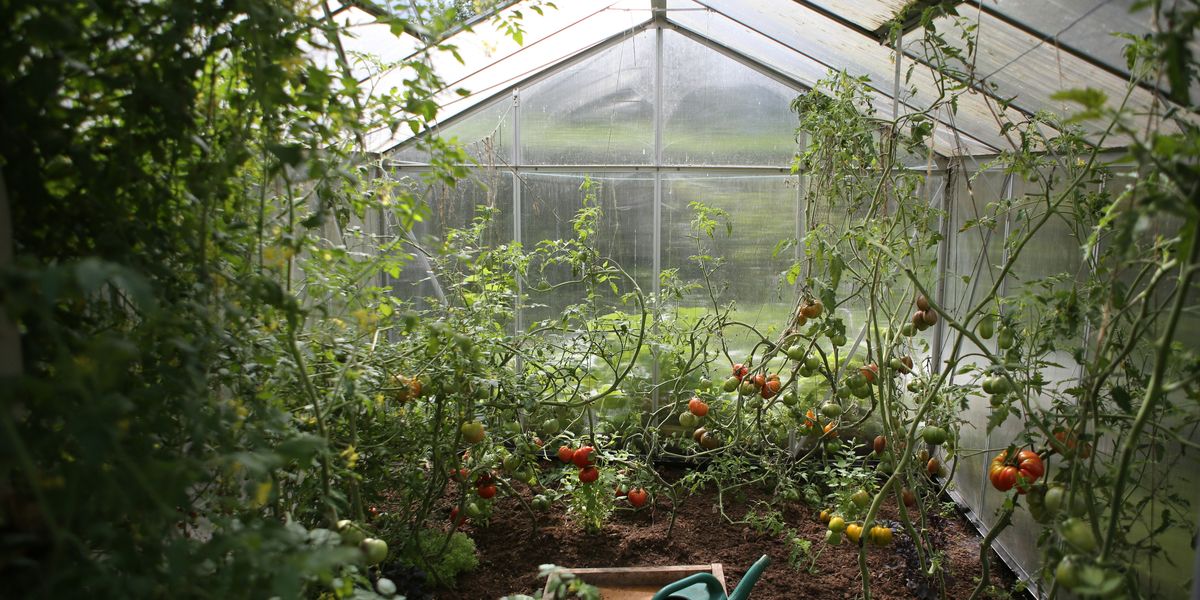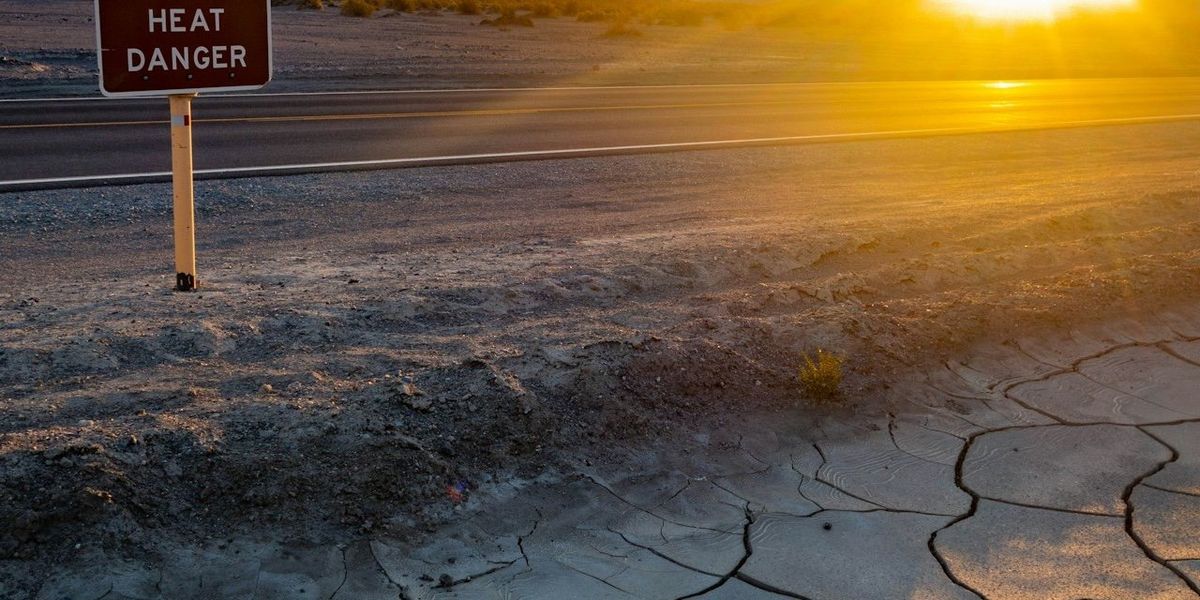
Climate change could make rice more toxic by boosting arsenic levels
Rice, a staple food for half the world’s population, may become increasingly toxic due to climate change, as new research finds that warming temperatures and rising carbon dioxide levels increase arsenic concentrations in the crop.
Georgina Gustin reports for Inside Climate News.
In short:
- A six-year study published in The Lancet Planetary Health shows that rising temperatures and carbon dioxide concentrations lead to higher levels of inorganic arsenic in rice, a known carcinogen.
- Scientists simulated future climate conditions in rice fields in the U.S. and China, finding that increased CO2 and temperature together significantly boost arsenic absorption in rice grains.
- Populations in high rice-consuming countries such as Bangladesh, India, and Vietnam could see rising disease risks tied to arsenic exposure, particularly in infants and young children.
Key quote:
“Rice has always been a food where arsenic is an issue, and climate change is making it worse.”
— Keeve Nachman, professor at Johns Hopkins University and one of the report's authors
Why this matters:
Rice isn’t just a side dish — it’s a daily necessity for billions, especially across Asia, Africa, and parts of Latin America. But the crop’s reliance on flooded paddies and its porous nature make it uniquely vulnerable to soaking up arsenic, a contaminant that can naturally occur in water or seep in from industrial pollution. Inorganic arsenic, the most harmful form, is linked to cancers, heart disease, and developmental problems in children. Now, climate change may turbocharge this risk. As CO2 levels rise and global temperatures climb, rice plants absorb even more of this toxin from the soil and water. This hidden consequence of climate change adds to a growing list of food safety concerns.
Read more: FDA launches online tracker for chemicals found in food













